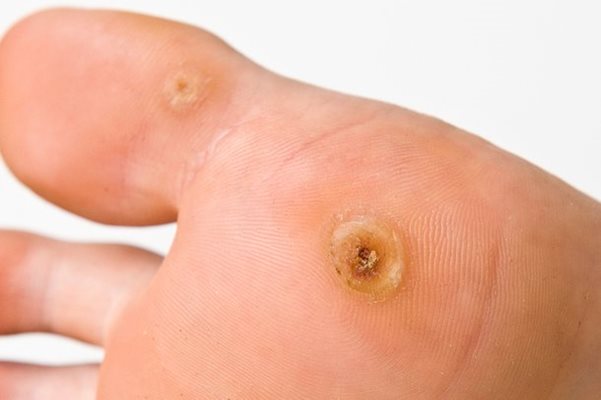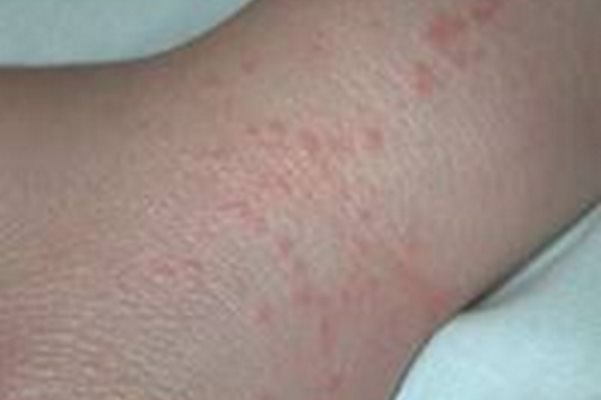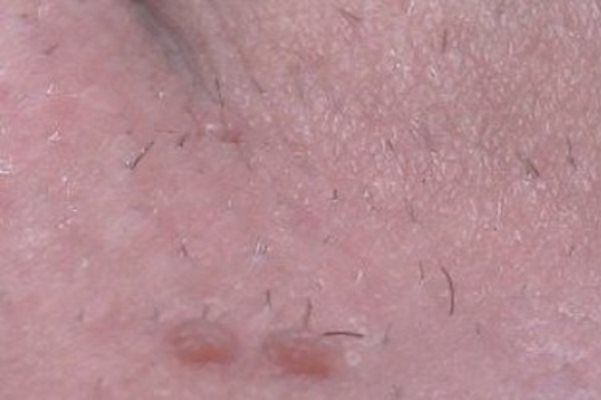Surgical Verruca Removal


Most of us will have had or will get a wart at some point in our lives. Warts are small, rough lumps or growths on you skin caused by the human papilloma virus (HPV). Warts are benign (non-cancerous) skin growths, most commonly found on the hands and feet. A wart on the sole of your foot is called a verruca. Warts are highly contagious as the affected skin cells release the viruses, so hygiene is of the utmost importance if you are affected.
Warts and verrucas are usually harmless and go away by themselves. In children, about half go away within a year, and about two-thirds disappear within two years. It may take longer for warts and verrucas to clear up for adults and can in some cases take up to 10 years.
Lots of over-the-counter treatments are available from your pharmacy. Your pharmacist may suggest speaking to your GP if these treatments haven’t worked for you. You are more likely to develop warts and verrucas if your immune system is weakened and in these situations your warts may be large, cover a wide area and be harder to treat.
There are four main types of warts caused by the (HPV). Despite their differences in appearance, they are all essentially caused the same way.




If you are suffering with a wart or verruca, Dr Rippon offers three safe and effective treatments that will remove the offending wart. The best treatment option for you will be confirmed by Dr Rippon after a full assessment at your consultation. Whichever treatment method is used to remove your wart, the procedure will usually only take a few minutes. An anaesthetic may be applied before removal but isn't always necessary, as there is minimal discomfort during the treatment.
EXCISION The wart or verrucae is carefully cut out using a surgical scalpel. This procedure can be done under local anaesthetic and will require a small stitch in the skin. The wart or verrucae is removed immediately in this treatment option.
CURETTAGE is a medical word for cutting out a growth. Warts are not dug out. Instead, they are scooped out. The tool used in wart curettage is often spoon-shaped to easily remove the growth.
CRYOTHERAPY This treatment method involves using Liquid Nitrogen to freeze off the wart or verrucae. The cold temperature kills the cells within the wart or verrucae, as well as constricting the blood supply. This causes the cells to die and naturally fall off.
Although warts can recur after any treatment to remove them, the rate of recurrence is less with surgical removal in most cases.
Warts and verrucas are caused by a virus. They can be spread to other people by contaminated surfaces, or through close skin contact. It can take months for a wart or verruca to appear after contact with the virus.
You’re more likely to spread a wart or verruca if your skin is wet or damaged.
2 Spinners Yard, Fisher Street,
Carlisle, Cumbria, CA3 8RE
| Carlisle Clinic: | 01228 521014 |
| Head Office: | 01228 791447 |
| Mobile: | 07787 541689 |
E: This email address is being protected from spambots. You need JavaScript enabled to view it.
Registered Company Number 08132885
Registered office: 6 Brunswick Street, Carlisle, Cumbria, CA1 1PN
Monday-Saturday
9.00am - 7.00pm
Prior Appointments ONLY